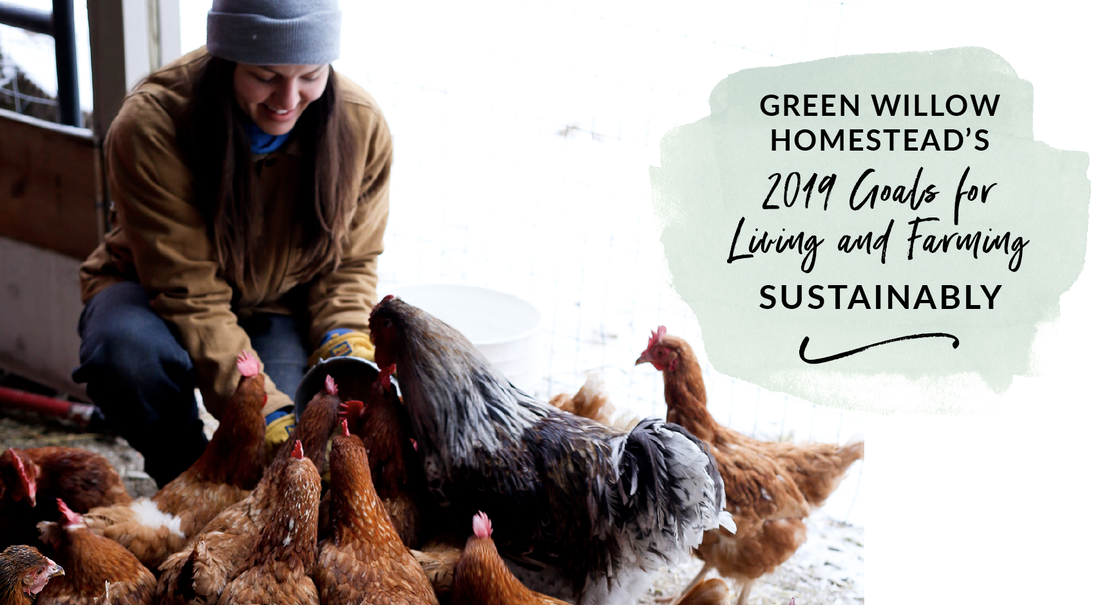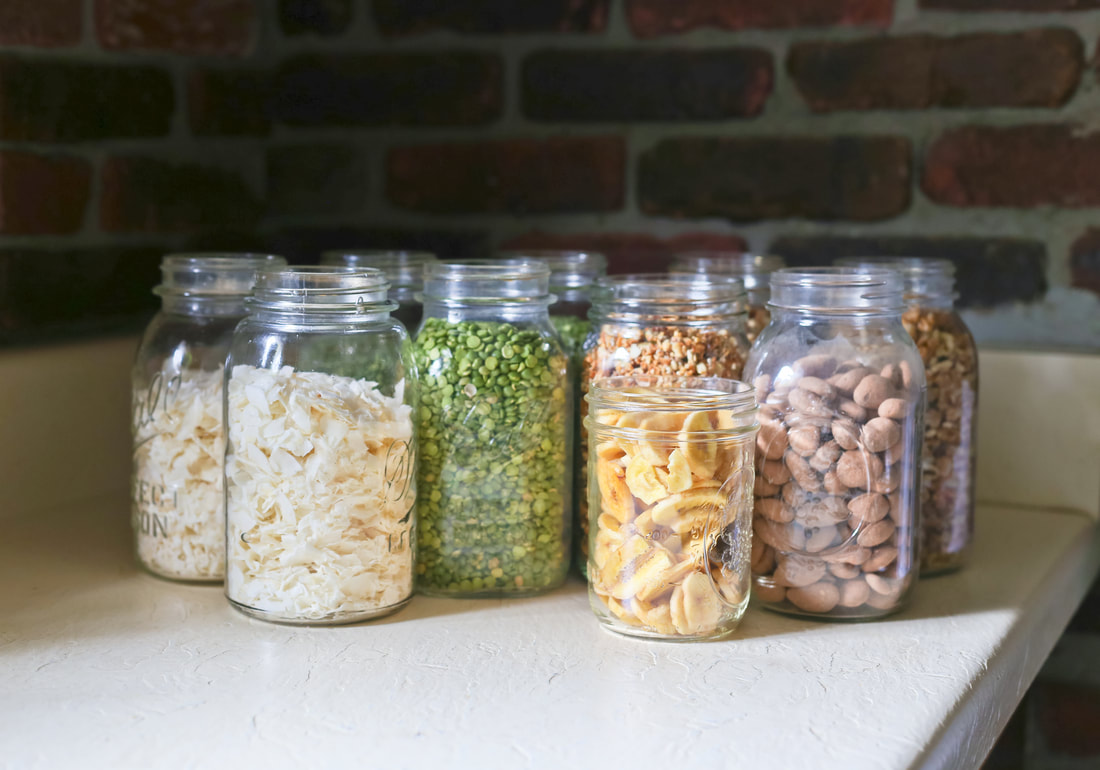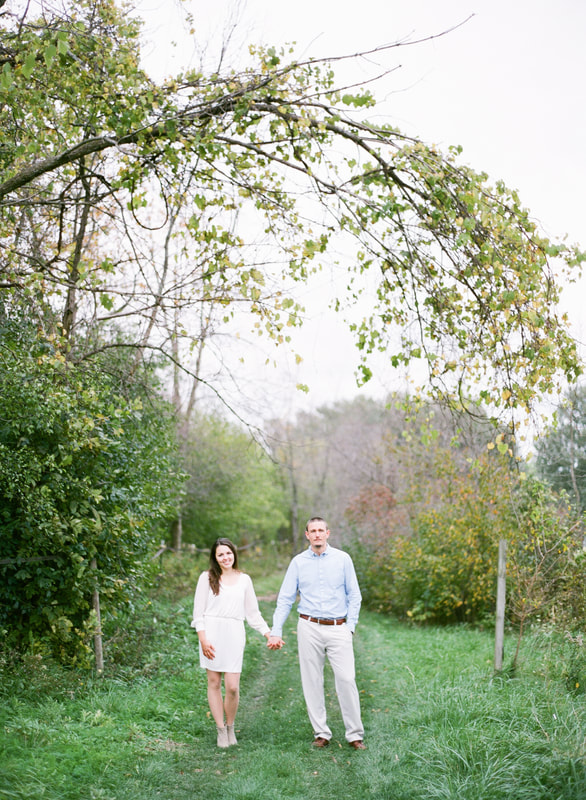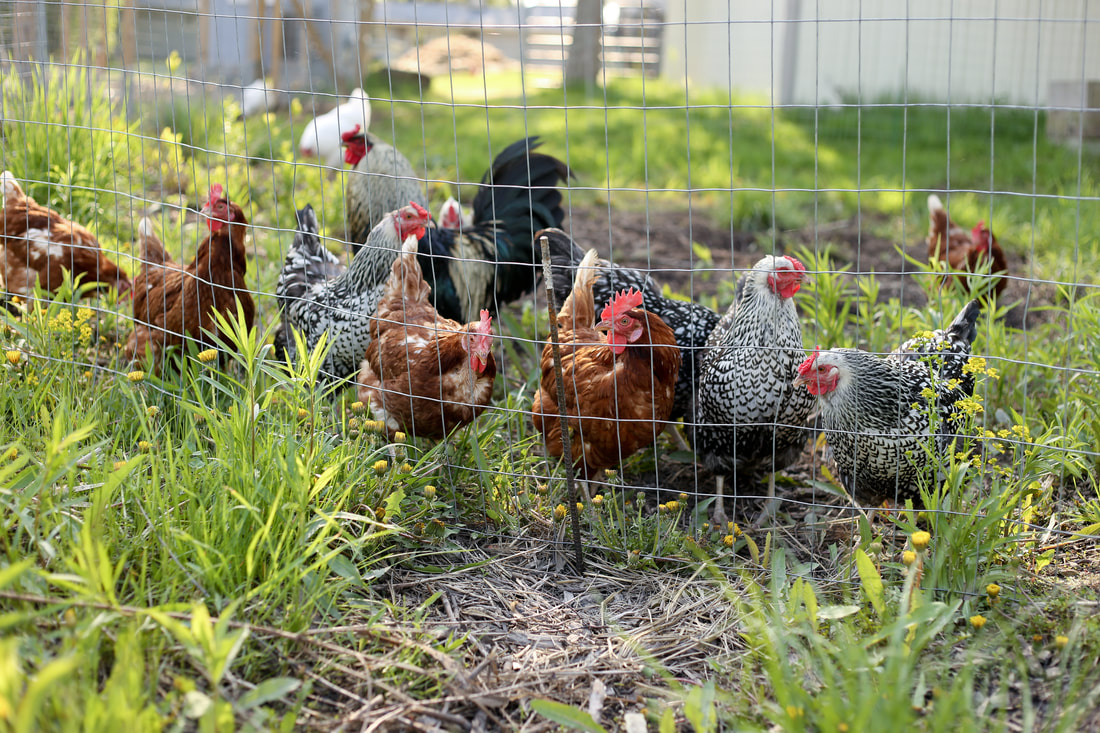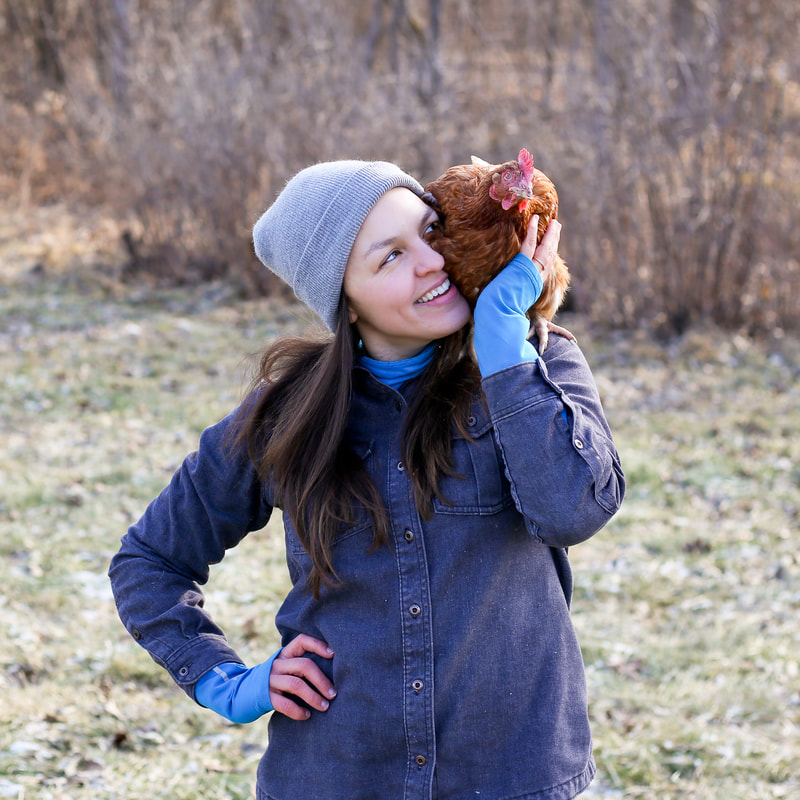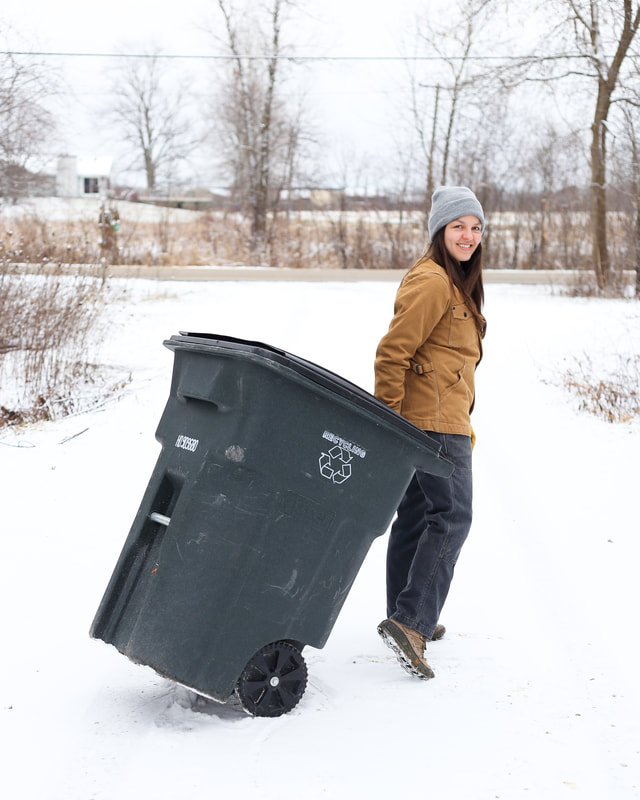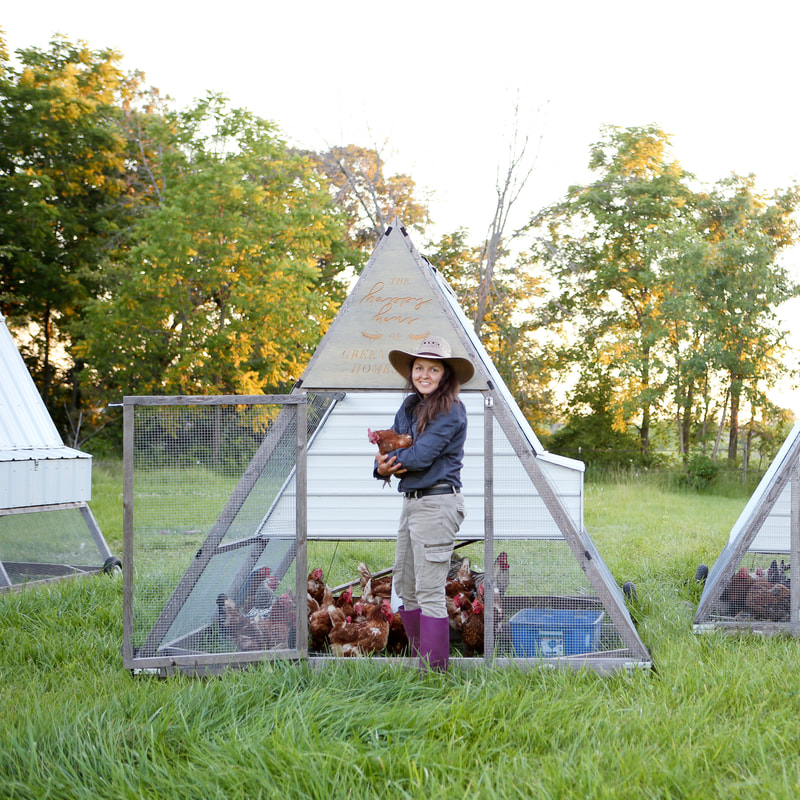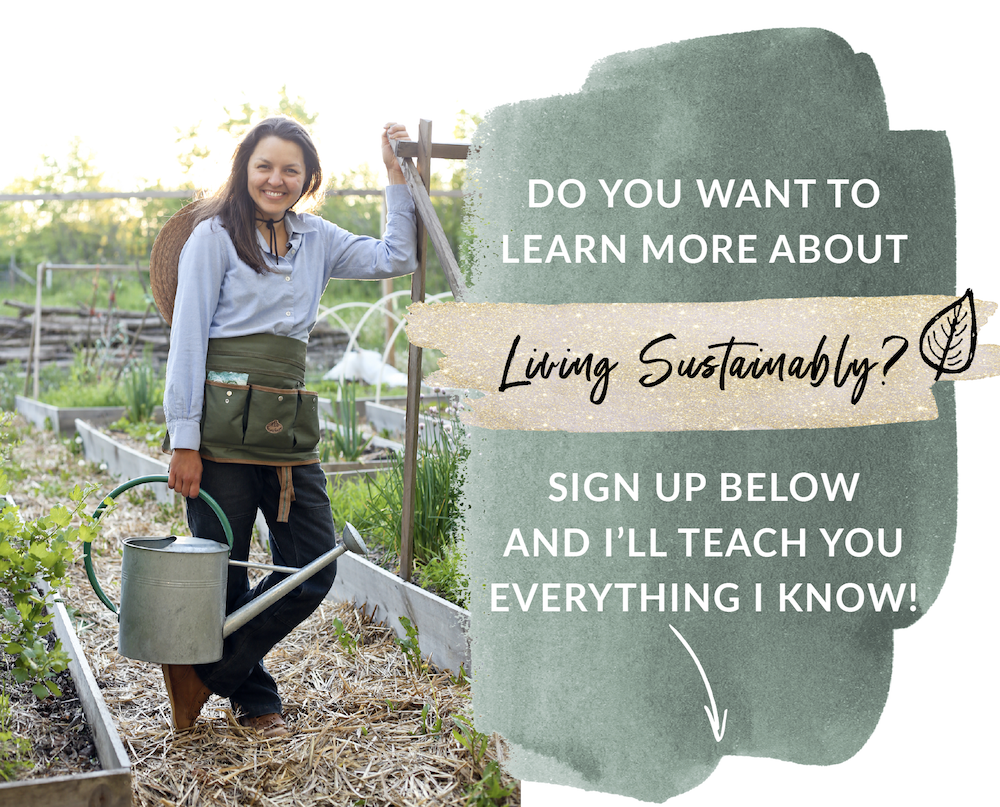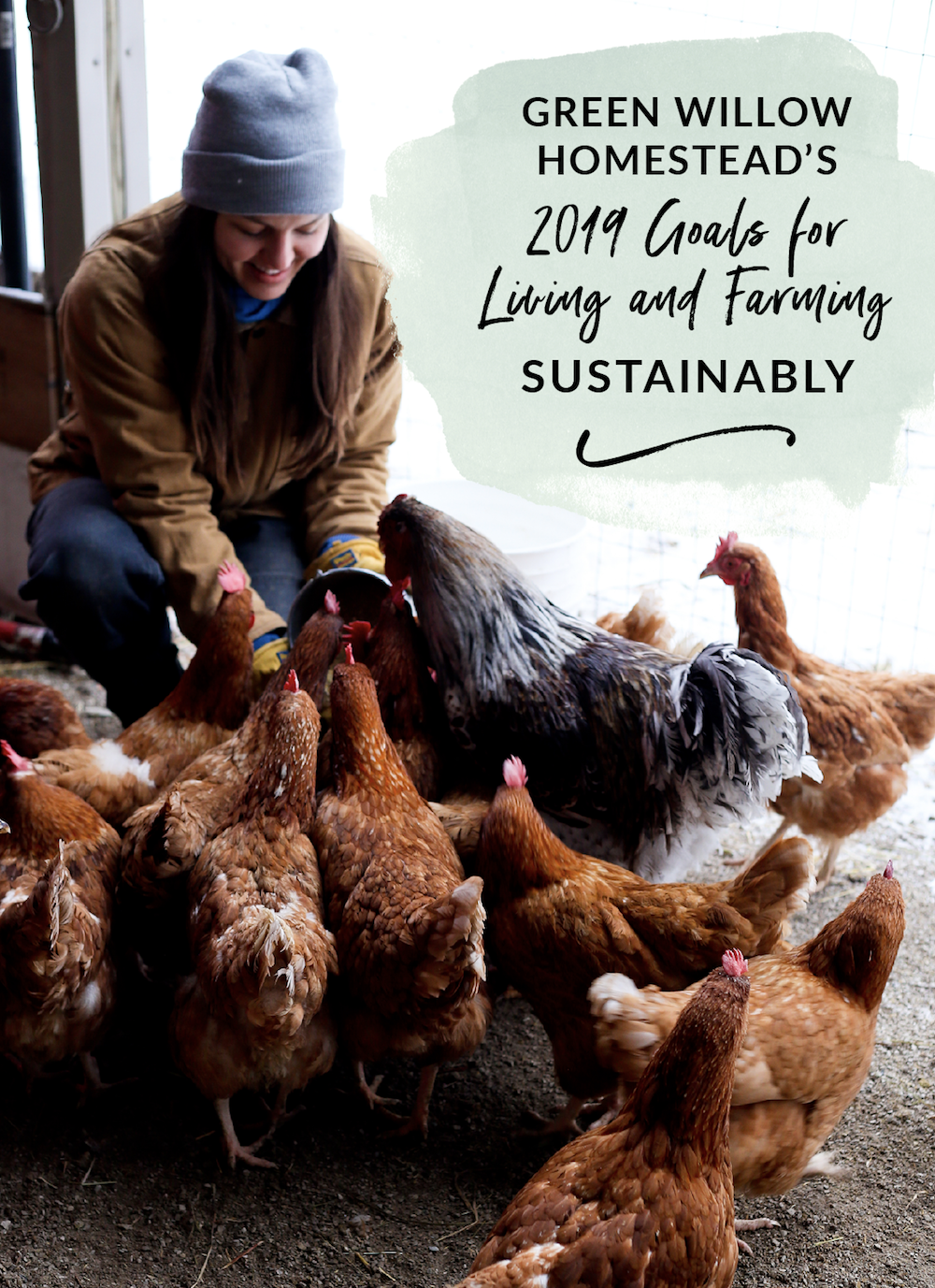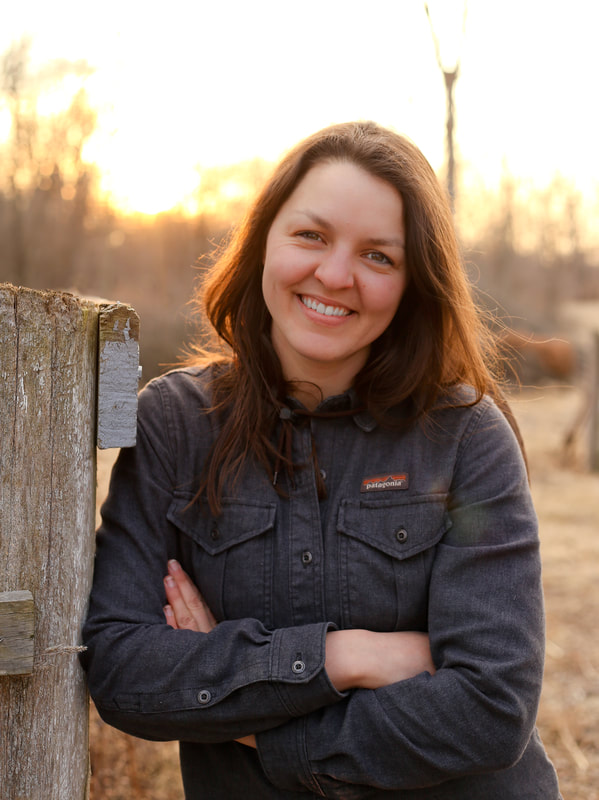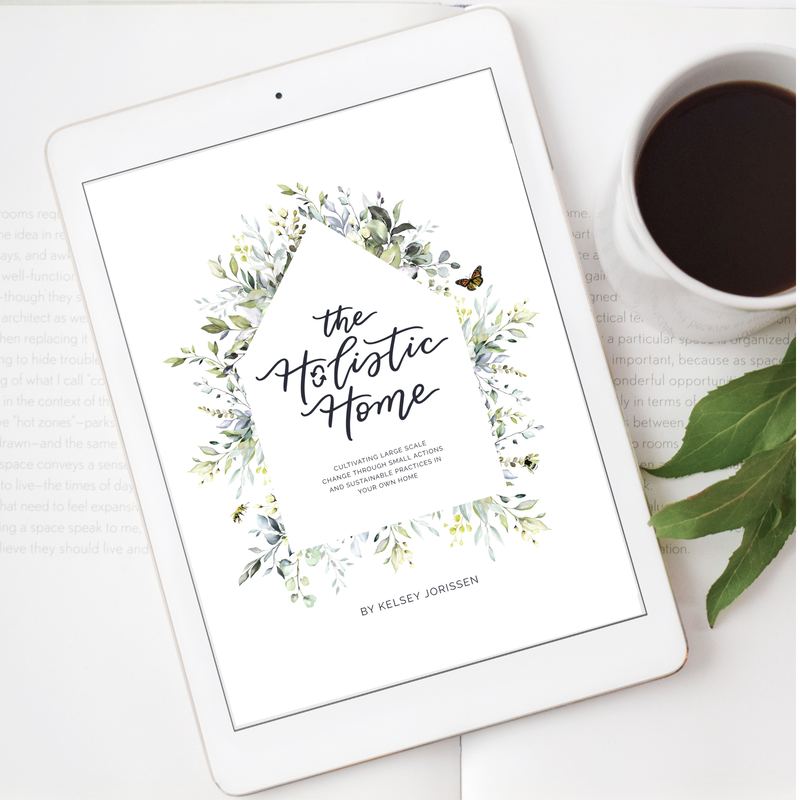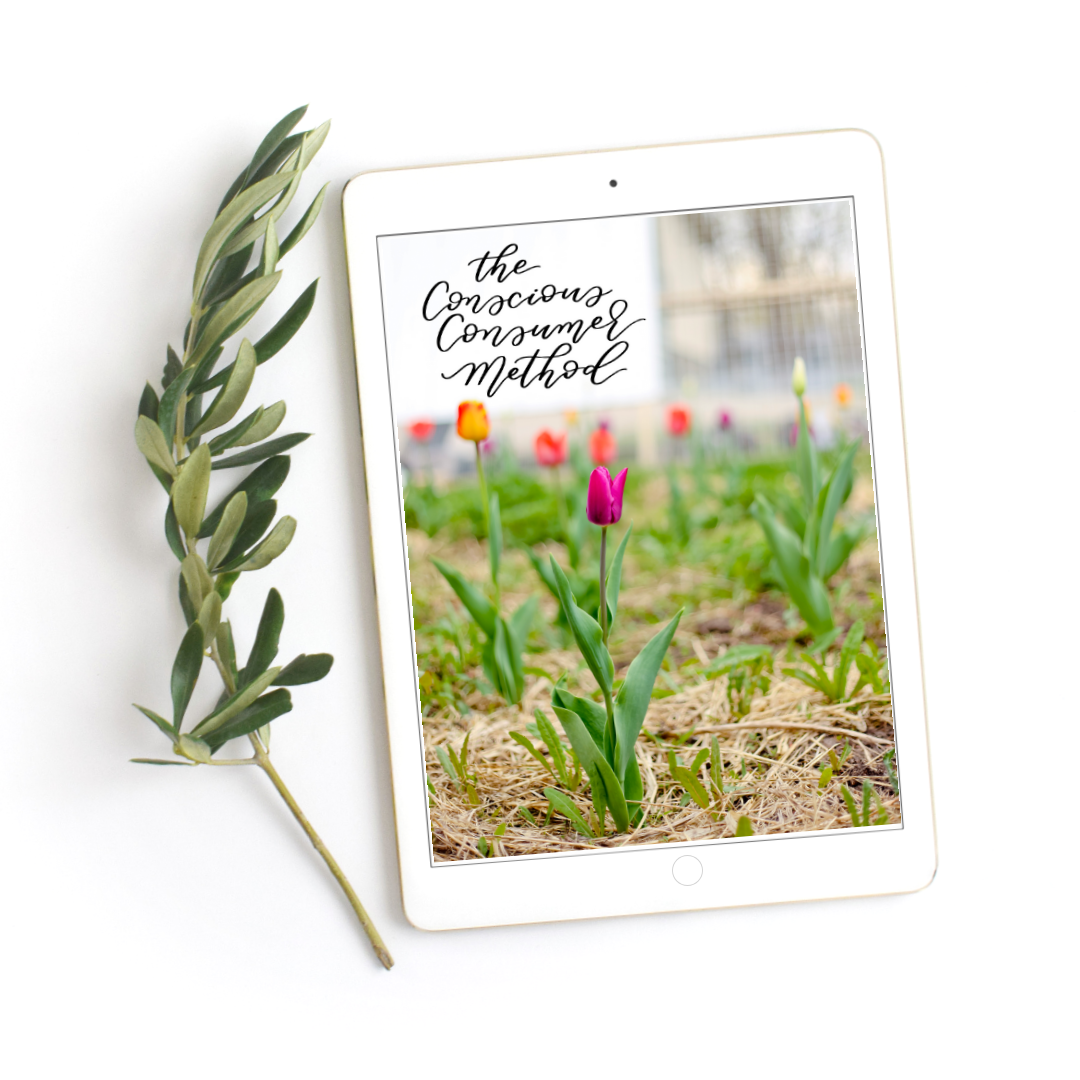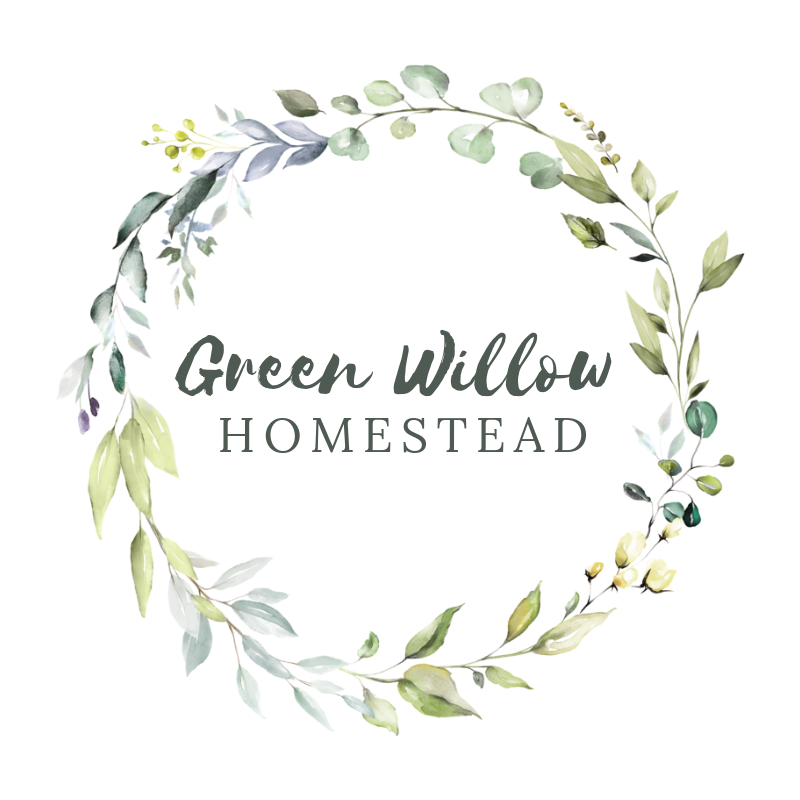|
After taking the time to share what we learned in 2018, I figured we should also share what we have planned for 2019 at Green Willow Homestead, from farming to living sustainably. I’m a firm believer in setting big goals every year (like publishing a book!!). So without further ado, here’s what we have up our sleeves for the next year…
1. Completely phase out single-use plastic in our home.
Woof. This is a BIG goal, I know. I think if I realign my energy around this and make it a priority for myself I can make it happen. Right now our struggle spots with single-use plastic are mainly food packaging related, i.e. lunch meat, cheese, tortillas, and granola bars.
My ability to phase out single-use plastics with food packaging is largely dependent on where I choose to do my grocery shopping. There are wins and losses with every store in my area - I can cut down on lunch meat and cheese packaging at Whole Foods, but everything else is so dang expensive. At Fresh Thyme Farmers Market I save on my monthly grocery bill but their bulk food section has nearly no organic options, which leaves me with Outpost Cooperative. At Outpost Co-op I can get almost anything in bulk and bring it home in my own bag or jar. Last year with the maddening construction in Wauwatosa, I totally let convenience win and stopped going. Buying in bulk also means making the time to whip things up from scratch. During the off-season, I can get into a groove of making our snacks homemade, but I do dread the time crunch that happens in the spring when the farm wakes back up. Here’s a fun tip! Swapping plastic-wrapped lunchmeat for canned sardines is an easy (and healthy!) trade. Of course in our house, Paul hates sardines so there goes that. Why is nothing simple?! I’m going to stay positive and be ready and willing to make habit changes without getting too emotional or tied up in what-ifs. Wish me luck! 2. Have A Eco-Friendly, Zero-Waste Wedding
After working in the wedding industry as a photographer for nearly a decade, I can say with certainty that weddings are huge waste generators. Brides feel compelled and pressured to buy so much stuff - decor, centerpieces, favors, etc - and most of it winds up in the landfill eventually.
First, I didn’t want to perpetuate the idea that a wedding is the most important day of my life so let us spend all the money. I also don’t believe that my big day is so important that we should disregard what’s best for the earth. The best way to avoid this has been for me to get off Pinterest and stop being inundated with ideas to make my day extra unique or special. Paul and I are special enough as it is! I decided not to utilize anything that would be single-use for our wedding unless it could be composted. So far so good. We went with a local caterer who was willing to swap out plastic plates and cutlery for compostable ones. For centerpieces and decor, I’m sticking to only recyclable and compostable elements. We’re not doing wedding programs. We sent out only one invite by using the sustainable brand, Paper Culture. I’ve got lots more up my sleeve too! Becca and I have a Positively Green Podcast episode that covers all the green wedding details for you. I also put together a free downloadable guide, The Green Wedding Guide that teaches you all the details on how to have a sustainable, eco-friendly, zero-waste wedding. It's a green bride's dream! 3. Start A Worm Farm To Feed Our Chickens
This year we spent $2886 on organic chicken feed and we made $2854 on egg sales. You do the math. Between sickness, heat, lice, mites, molting, and water issues I’m surprisingly happy to almost break even. When a chicken isn’t laying eggs she still has to eat! These numbers mean in order to scale our pastured chicken operation we need to have a more cost-effective plan to feed them.
We already grow our own corn and squash for the birds, but I want something with more of a protein punch. Enter the worm farm! I’d love to get red wrigglers so that we can have them not only feed the chickens but break down our food scraps and make compost too. We need to find a spot on our farm that is in the vicinity of our daily workflow, gets ample shade in the summer, and shelter in the winter. Has anyone done a red wriggler farm for their birds? I want to know how it’s working for you! 4. Be A Part Of Helping Legalize Backyard Chickens For The City Of Franklin
I can't tell you how many times wonderful Franklin neighbors who visit our farm stand say with a sigh, "I wish I could own chickens too."
I totally understand chicken-fever! I have learned firsthand the benefits of owning chickens are tenfold. They reduce landfill-bound food waste, create nutrient-rich compost for your lawn and plants, produce your breakfast, and (like any pet) they calm your anxiety and boost your happiness. Currently, in Franklin, you have to have at least three acres and be zoned rural to own chickens. Many people wrongly believe that chickens are noisy, smelly, and draw in predators. As a farmer who has kept chickens for three years, I can tell you these requirements and beliefs make absolutely no sense. Chickens produce less waste than a family dog per day, a hen's cluck is no louder than a human conversation, and predators are already here in Franklin regardless. For those that say, "if you want farm animals, go live on a farm." The reality is cats and dogs were considered farm animals at one time too, helping protect livestock and keeping rodents away. Why have cats and dogs been welcomed into suburbs and cities and not our fluffy food-giving friend the chicken? I was approached by an amazing husband and wife team from Franklin who are working to change the local ordinance in Franklin. They are the most qualified and passionate duo. Arnie is a lawyer, who is working to draft a brand new ordinance to legalize backyard chickens. I hope to help them by hosting a backyard chicken workshop at the local library to teach our municipality more about owning poultry as well as speak before the aldermen and alderwomen as our local chicken expert. If you are a Franklin, Wisconsin resident, you can help by signing their petition at this link. If you have any questions or feedback, don't hesitate to comment below. Remember, if you have any chicken-loving neighbors or significant others in Franklin - share this with them so they can sign the petition too! 5. Explore Sustainable Activism For Going Zero-Waste #PackagingForThePlanet
With the two recent climate change reports from the US and the UN stating we have until 2030 until we reach the point of no return on climate change, I’m realizing I can’t sit around and wait for my own government to do something. I’ve known for a while that environmental and sustainable change starts at home, I wrote a whole book about it, but what if I expanded this philosophy to create change on an industry level?
The Zero Waste Solution by Paul Connett is a book I’m currently reading and it has been lighting a fire under my butt. While lobbyists are wrongly pushing incinerators on localities as the solution to our garbage woes, there is a much better answer that won’t pollute the air and use up more finite resources. It starts with re-educating a civilian base, creating better recycling streams for things beyond glass, metal, and plastic, encouraging the composting of food scraps, and getting industry on board. If we can stop waste where it starts, i.e. packaging, then we stand a much better chance of cutting down on landfill-bound waste. I’m still working through this book and there’s so much more to understand, but I want to put it out into the universe regardless. Which is why I founded #PackagingForThePlanet. If you want to learn more and join the movement, head over to this blog post. 6. Grow Our Pastured Chicken Operation
This year we ran out of eggs at the farm stand quite a bit. I know this is a good problem and I want to expand to meet the demand our community has for healthier eggs from happier hens.
We started with over 90 birds and finished the year with around 70 because we butchered roosters and old hens. I want to get back up to 100 for the coming season. I’ve got my eye on an egg mobile from a retiring farmer, so now we would just need the extra land to put it on. We have a few neighbors that may let us use their extra acreage, but we haven’t inquired yet. The other option is to build more chicken tractors! But if we can support a retiring farmer and not create more work for us it’s a win-win on buying the egg mobile. This also means I need more help on the farm. We hope to have our student interns back this next summer and we are going to expand our number up to four kids if we find the right fit. So that’s what I have cooking for 2019. Some are big goals, yes, but that’s how I operate! It takes a village to make change happen., so if you have any words of advice don’t hesitate to reach out or comment below. Thank you!You have successfully joined our subscriber list.
0 Comments
Leave a Reply. |
Meet Kelsey,Thanks for stopping by Green Willow Homestead! From chicken rearing to composting, we've got our hands full and we love sharing what we've learned along the way. Follow along as we turn the 80 acres we call home into a farm that serves its community and a homestead that nourishes us throughout the seasons. Grab the EbookListen in!FREE Guide!Tune in to our YouTube ChannelInspirationsCategories
All
Favorite Books of 20241. Erosion
2. Braiding Sweetgrass 3. As Long As Grass Grows 4. The Small Scale Poultry Flock 5. The Zero Waste Solution Archives
April 2024
|
FOLLOW KELSEY ON INSTAGRAM!
As an Amazon Associate I earn from qualifying purchases. |

